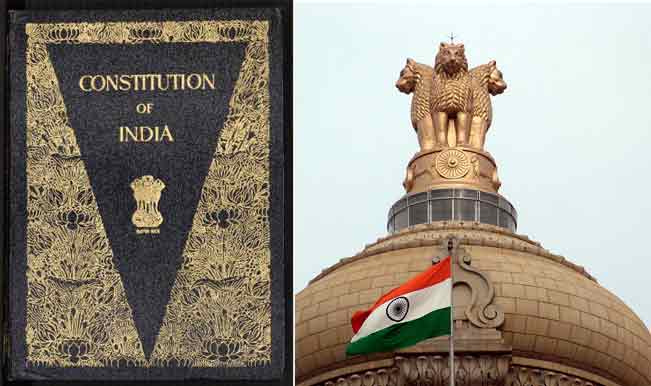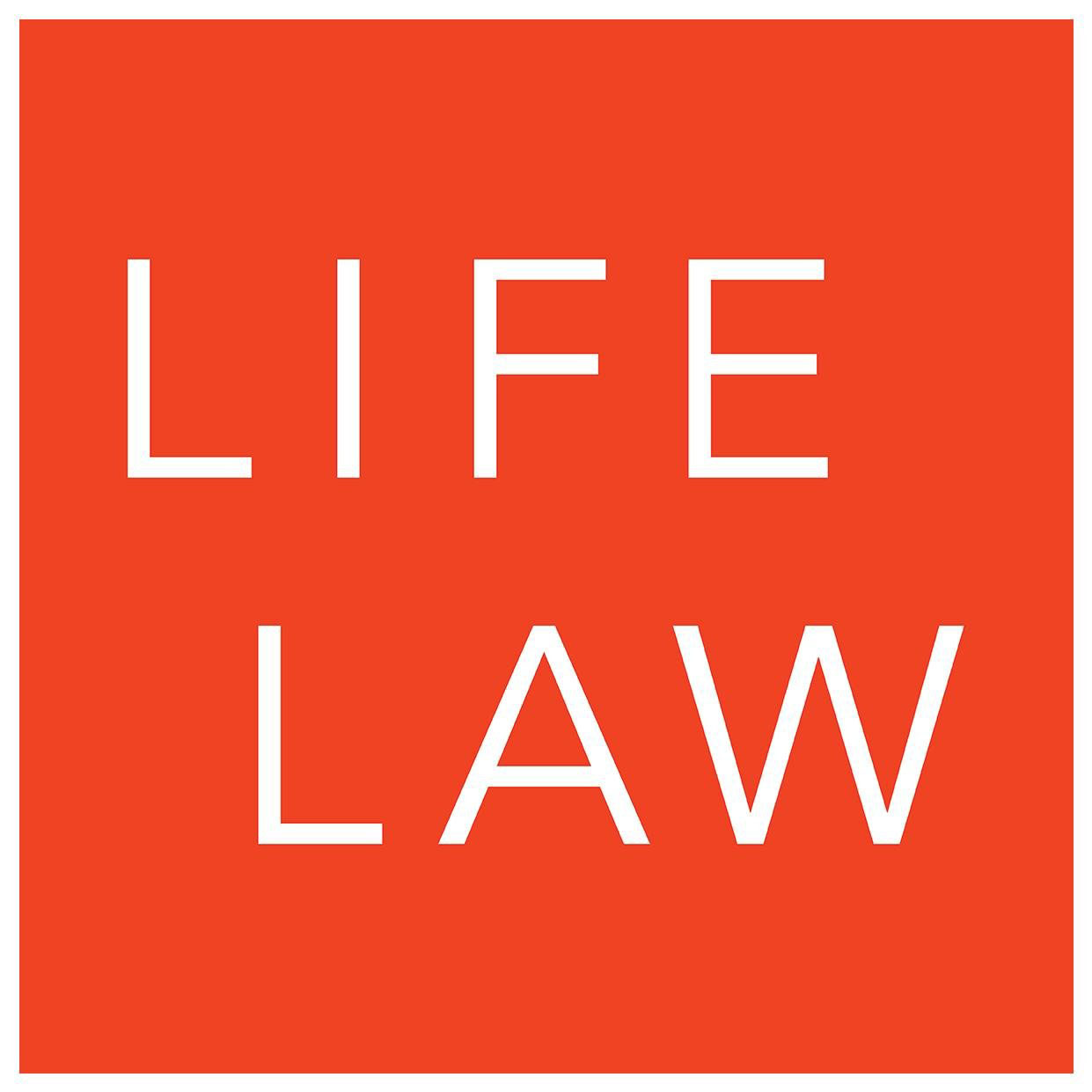
The Supremacy of Legislature, Judiciary, or Constitution?
one positive and one negative note in 1973. The positive note was the coining of theory of “Basic Structure of Constitution”and the negative note was the darkest part of judicial history of this country by appointment of A N Ray J. as the Chief Justice, superseding three senior judges, who ultimately resigned. That was the classic example of the executive interfering and influencing the judiciary. Though the Supreme Court then was successful in telling the Legislature. ‘You have power, but not absolute power, you may change but not destroy, not wipe out of existence that very power that created you.’Thus, holding the supremacy of Constitution. Yet, the other part of executive influence shall always remain with it as a dark shadow is again raked up by the passing of the 99 setting up of National Judicial Appointments Commission (NJAC) and the consequential National Judicial Appointments Commission Act(NJAC Act), and the Supreme Court striking it down as ultravires the Constitution. The legislature by this exercise telling the judiciary, you cannot choose for yourself but, it is the executive that will choose, for we the legislature and executive are the will of the people. As, we are a democratic polity, so should the judges, be from the people selected(elected) by the people. We being representatives of the people are therefore the sole eligible collective to know the will of the people. No matter how rosy and high this statement and thought may appear, it is as vicious as it can be. It says, we want judiciary which will seem independent but will not be. We don’t want the watchdog of the Constitution to be a watchdog anymore. We don’t want anyone to watch over us.
The Constitutional Amendment and the consequential NJACAct came to be passed by the legislature by 99.99 % majority, the only example in the history of this country, where all political parties, forgetting their political agenda, political thought and differences joined hands. Only one person had the courage to stand up and tell the rest (majority) that they are wrong. This should not be done, and not be done in the interest of the nation. I must say, only one person then represented the nation in true spirit.At this point, I may take the liberty to quote an extract from the book “Choosing Hammurabi- debates on Judicial Appointments “, in the introduction of that book , the thoughts of H L Mencken are expressed. The same are also referred to before the Supreme Court and quoted in the NJAC judgment thus, “But when politician stalk thus, or act thus without talking, it is precisely the time to watch them most carefully. Their usual plan is to invade the constitution stealthily, and then wait to see what happens. If nothing happens they go on more boldly if there is a protest they reply hotly that the constitution is worn out and absurd, and that progress is impossible under the dead hand. This is time to watch them especially. They are up to no good to anyone save themselves. They are trying to whittle away the common rights of the rest of us. Their one and only object, now and always, is to get more power into their hands that it may be used freely for their advantage, and to the damage of everyone else. Beware of all politician sat all times, but beware of them most sharply when they talk of reforming and improving the constitution.”This I quote for the, 99 was passed practically without any substantive debate.
Scanner of the Supreme Court both being challenged for its being, contrary to the Constitution itself. There would have been no problem, had the judiciary succumbed to the pressure, of the fact of the legislation being passed by 99.99% majority. But , the Supreme Court stood its ground, held its head high and once again roared to save the ‘Basic Structure’. It reiterated, you can not weaken the column, to topple the structure , you cannot also even chisel it.
and the NJAC Act, no one raised the issue of jurisdiction of the court to test the challenge. The power of judicial review and to decide the vires of an enactment was and is accepted. That doesn’t leave the government with the option of crying foul on the decision going against the legislation. After the pronouncement of verdict, the major criticism that has been made of the judgment , in the public, is that , it undermines the will of the people. Citing it to be the ‘Tyranny of the un-elected. ‘Conveniently loosing site of the fact that any legislation of which vires is challenged is passed ( by whatever majority) in the legislature and thus, represents the will of the people. Yet , if it violets the Constitution it has to go. Another criticism that is leveled against the judgment, is that, ’When in mid-seventies the emergency was proclaimed , it was people like me –the politicians, who fought out and went to prison,. It was Supreme Court that caved in and therefore, for the court to assume that it alone can defend the nation against emergency is belied by history’. The critic has again conveniently forgotten the history and the happenings prior to emergency. The appointment of Chief Justice , who was pro-Government , who was appointed keeping aside all the proprieties of conduct , superseding three seniors was the Chief Justice during the emergency period. It has also been conveniently forgotten that the legal luminaries and stalwarts like Y V Chandrachud J. (as we then was) and H M Seervai, who were in favour of the Parliament holding unbridled power, upon experiencing subsequent events ( emergency), saw the consequence of the Parliamentary supremacy over Constitutional supremacy and changed their views. The critic may have chosen to ignore this history while criticizing the judgment, but the judges deciding the validity of 99 and NJAC Act , could not afford to forget it or ignore it. Yet in another article by another legal luminary (being a member of another political party) has suggested that the NJAC should have been given a chance. We don’t taste poison know in git to be poison, do we ? system. There may also be a need to iron out some creases. That does not mean that the system proposed by the executive is good , or flawless. The acceptance by the judiciary of the need for a change is a gesture of self improvement. Just as a individual can always seek improvement and perfection, so can a system seek improvement and perfection. That however does not warrant the scrapping of the system itself. The improvement too can only be within the four corners of the Constitution, not beyond it. because its stands on sound principles of law and reason. It interprets the provisions of the Constitution and also the earlier judicial pronouncements. It takes into account the history and the present scenario, the ground reality. It considers the future possible dangers to Constitution and the nation. It answers the criticism it met in the past of the , ‘judges sitting in ivory towers’, thus, considering the ground reality and political atmosphere. It stands for the independence of judiciary and the interest of common man . it learns from history and refuses to succumb to the pressure of so called majority. It does its job well of protecting the Constitution and not making it a tool in the hands of unscrupulous politicians, knowing fully well that expecting a statesman in today’s polity is a distant dream. supremacy of judiciary or of legislature and executive, it only thinks of Supremacy of Constitution. In the process if the ego is hurt then it definitely is not our problem, is it ?



